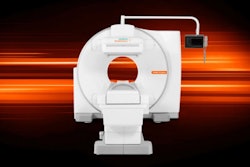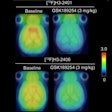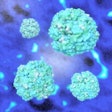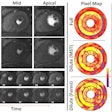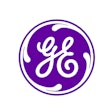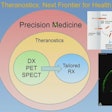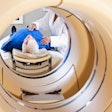GE Healthcare is touting the results of a randomized, controlled study that found its contrast agent DaTscan (ioflupane iodine-123 injection) to be useful in SPECT imaging of adult patients with clinically uncertain parkinsonian syndromes (CUPS).
The findings from the multicenter trial in the U.S. and Europe showed significant differences in change in clinical management, diagnosis, and physician confidence of diagnosis for a group of patients with CUPS who had been imaged with DaTscan, according to the vendor.
The study analyzed 135 subjects who received DaTscan imaging, comparing them against 138 healthy individuals who did not. Researchers evaluated patients at four weeks, 12 weeks, and 52 weeks from baseline, with imaging in the DaTscan group performed one to four weeks from baseline.
The results, which were presented at the Movement Disorder Society meeting in Dublin, showed that significantly more patients in the DaTscan imaging group had at least one change in their clinical management from baseline after 12 weeks and after one year, compared with patients in the control group.
In addition, significantly more DaTscan patients had a change from baseline in diagnosis, and their physicians expressed greater confidence of diagnosis at all visits, compared with physicians of control patients. In the DaTscan group, change in diagnosis at one year was found to be significantly higher among general neurologists (75%) than movement disorder specialists (47%).
As for side effects, the researchers concluded that DaTscan was well-tolerated, GE said.








